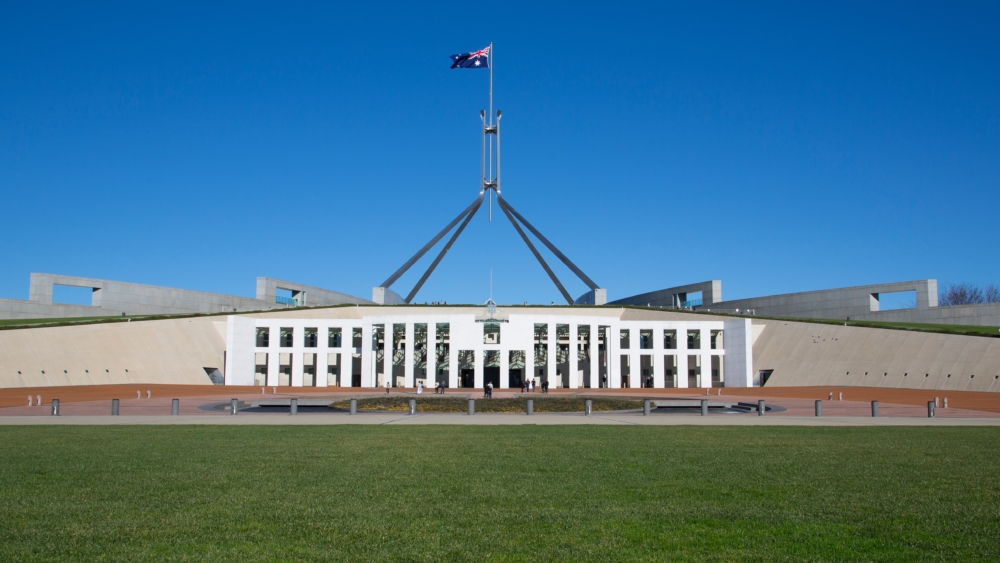Let me just sketch out the main options for protection of religious freedom which should receive further discussion.
1. Current regime- “exemptions” to discrimination laws?
The word “discrimination” is now almost completely a negative one.
Should we simply continue with the current regime of “exemptions” to discrimination laws? No, I don’t think this is a good idea. For one thing, as mentioned, the public tolerance for a “right to discriminate” seems almost non-existent these days. The word “discrimination” is now almost completely a negative one. Coupled with reference to religious freedom protections as “exemptions”, which seems to signal they should be limited and dispensed with as soon as possible, the current regime is highly unsatisfactory.
However, there is no doubt that whatever option is chosen, there will still be a need to be explicit about the interaction between discrimination laws and laws about religious freedom.
I recommend careful consideration be given to introducing a new definition of “discrimination” which takes into account that it is not unlawful to exercise the human right to freedom of religion by selecting staff who agree with the ethos of the religious group.
2. A Religious Discrimination Act?
We know that one thing the Ruddock Panel has recommended is a Religious Discrimination Act of some sort- see recommendation 15. This would enact the general principle that, just as persons should not be subjected to irrelevant detriments on the grounds of their race, age, disability, sex, or sexual orientation, neither should they be on the grounds of their religious belief.
There are three important limitations that I think ought to be applied to any such Act, balancing clauses to respect other rights.
They are:
(a) To balance the right not to be discriminated against on religious grounds, with other fundamental rights such as bodily integrity and free movement. It should not be unlawful to decline to employ someone who has advocated use of violence against unbelievers, even if their advocacy is religiously based.
(b) To balance out the rights of different religions not to be required to support other religious worldviews.
A church, or a religious school, should be entitled to not employ someone as a pastor or youth worker who comes from a different religious background.
(c) Finally, and importantly, to allow religious groups to control their own internal affairs. Under international law, for example, it is well established that a member of a religious group cannot claim to be discriminated against by another member of the same group, because they differ on doctrine or practice. The remedy for someone who does not like the way their own group is being run, is to leave that group.
With those qualifications, I think there would be benefit in such legislation.
(c) A more general “Religious Freedom Act”?
Another option would be to seek to implement something a bit broader than merely a prohibition on discrimination, in the form of a positive right to religious freedom. There are still debates to be had about whether this is a good idea- the Freedom for Faith paper recommends something like as a possibility.
From the leaked Ruddock Recommendations, it looks as if they rejected the suggestion. Once the Report is released, we will be in a better position to evaluate the arguments.
(d) Some form of expanded “Human Rights Act”?
Perhaps the broadest type of change would be a wide-reaching piece of human rights protection at the Federal level.
I think there are some dangers here, but since we recently had a lengthy inquiry by Father Frank Brennan recommending just this, and it was rejected by all political parties, it may not be something we need to be concerned about as happening very soon.
Neil Foster is Associate Professor at the Newcastle University Law School. This is a section of a detailed paper for the Anglican Education Commission, which can be found on his Law and Religion Australia blog
Email This Story
Why not send this to a friend?


